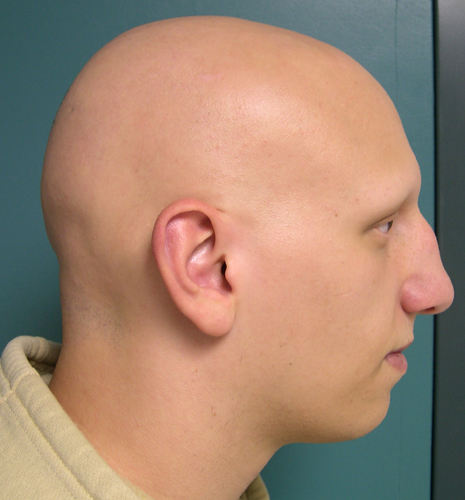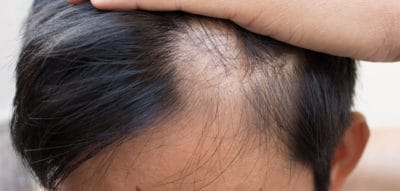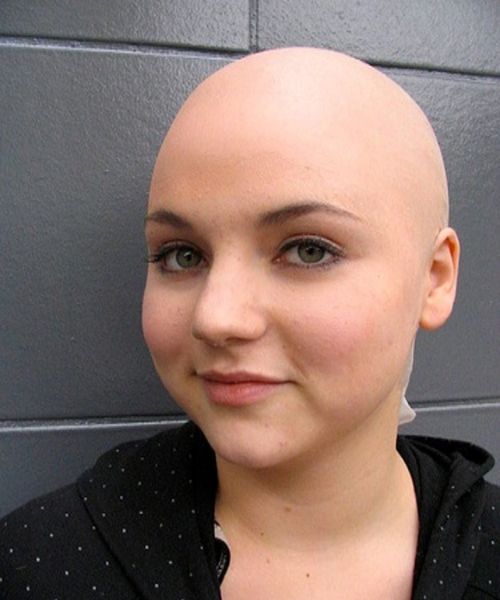

"However, styling can damage the follicles leading to follicle death, causing eyebrow hair to inevitably not grow back." Human styling error is not always to blame for thinning arches, though, as internal factors can certainly affect their shapeliness.
ALOPECIA UNIVERSALIS CAUSES PROFESSIONAL
"The cycle of hair of follicles is normal, and everyone will lose and regenerate hairs as part of this natural process," explains Dominic Burg, évolis Professional Hair biologist and trichologist.

But what causes eyebrow hair loss in the first place, and how do we treat our concerns? Is everything that we do for our eyebrows helping or hurting us in the long run? We asked two trichologists (dermatologists that specifically study the science of hair and scalp) some of our burning questions to break down all the reasons behind eyebrow hair loss and the best practices to keep our eyebrows in the best shape they can be in.

Keeping our brow hair healthy is key when wanting it to stay put and not shed.
ALOPECIA UNIVERSALIS CAUSES FULL
Through the years, we've seen eyebrow trends fluctuate, from thin and over-arched to full and fluffy, and all of us have certainly fallen victim once or twice to over-plucking and tweezing off too much hair, not to mention the tinting, dyeing, continuous rubbing from cleansing our face, and much more that have affected the health of our eyebrows over time. Pending positive outcomes of future clinical trials and FDA approval, people with severe alopecia areata may soon have several new treatment options.Keeping our eyebrows looking good is important, seeing as they play a large role in shaping our face and features. King is also involved in trials for two other JAK inhibitors manufactured by Pfizer and Concert Pharmaceuticals. In June 2022, the Food and Drug Administration (FDA) approved baricitinib for the treatment of severe alopecia areata.Ĭlinical trials for other JAK inhibitors for alopecia treatment have also shown positive results. King was the principal investigator for the trials, which demonstrated that baricitinib helped many patients to regrow hair. One company, Eli Lilly, published the results of two Phase 3 clinical trials for a JAK inhibitor called baricitinib (marketed as Olumiant) in mid-2022 in The New England Journal of Medicine. In 2013, he recognized the potential of a class of medicines called Janus kinase (JAK) inhibitors to treat alopecia areata and subsequently demonstrated their potential for the treatment of alopecia areata and other dermatologic diseases. This treatment is often uncomfortable for the patient.įor more severe cases of alopecia areata, Dr. The resulting inflammation seems to distort the immune system’s attack on the hair follicles. Steroids suppress the immune cells that are attacking hair follicles, so hair can regrow.Īnother approach is the topical application of an irritant such as squaric acid, which results in a rash similar to poison ivy. Traditional treatments for alopecia areata include steroid injections to the areas where the hair has been shed. In cases of relatively mild alopecia areata, meaning there is limited amounts of hair loss, hair may regrow without treatment, although the condition often reappears over a patient's lifetime.


 0 kommentar(er)
0 kommentar(er)
